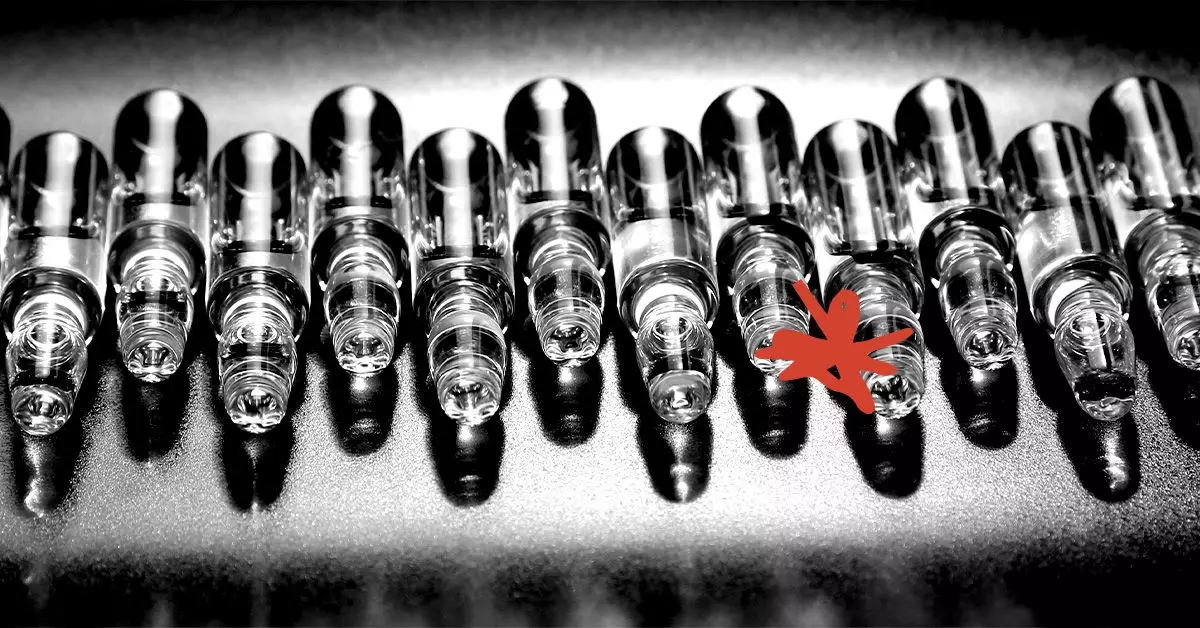The realm of prostate cancer treatment is evolving, with immunotherapy emerging as a beacon of hope for many patients. This innovative approach harnesses the body’s immune system to fight cancer cells, reflecting a broader trend in oncology where therapies aim not just to combat cancer directly, but to empower the body’s inherent defenses. The vaccine known as Provenge (Sipuleucel-T) exemplifies this shift, particularly for patients whose cancer has resisted traditional hormone treatments. While it is essential to underline that Provenge does not claim to halt cancer progression, studies indicate it may extend life for patients by several months or even years, demonstrating the potential of personalized medical interventions in cancer care.
Individualization Matters
However, the effectiveness of immunotherapy is not uniform; it is significantly influenced by individual patient characteristics, including the cancer’s stage and grade, alongside the overall health of the patient. This variability underscores the necessity for tailored treatment plans. For example, a recent study highlighted that the median overall survival for patients receiving both androgen receptor-targeting agents and Sipuleucel-T was approximately 2.5 years, starkly contrasted with just six months for those only on targeted agents. This variance clearly suggests the importance of integrating immunotherapy into a comprehensive treatment strategy for prostate cancer, particularly for those with advanced stages.
Understanding Immune Checkpoint Inhibitors
In addition to Provenge, other immunotherapeutic agents such as pembrolizumab and dostarlimab are gaining traction, though their application remains confined to specific scenarios of advanced prostate cancer. These drugs function as immune checkpoint inhibitors, which activate particular pathways in immune cells to enhance their ability to target cancer. However, current research on their efficacy in prostate cancer is limited, giving rise to a cautious optimism rather than outright approval. The potential benefits seem more pronounced for cancer cells exhibiting specific characteristics—such as defects in mismatch repair genes or high tumor mutational burden—which suggests a need for precise biomarker testing before treatment selection.
Balancing Promise with Caution
It is crucial to recognize that while immunotherapy represents a transformative advance in cancer treatment, it is not without risks. Side effects can range from mild, such as infusion reactions and fatigue, to more severe reactions that may require immediate medical attention. Therefore, open communication between patients and healthcare providers is paramount, ensuring that individuals are fully informed about potential implications before embarking on this treatment journey.
Immunotherapy for prostate cancer embodies the promise of modern medicine—leveraging individual biological insights to craft bespoke treatment plans. As research continues to unfold, expanding our understanding of how these therapies work and which patient profiles might benefit most, the hope is that the narrative surrounding prostate cancer will shift from one of uncertainty towards one of empowerment and prolonged survival.

